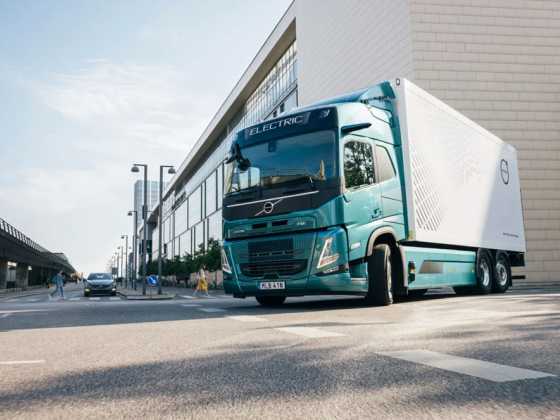Clean Air Zones postponed until 2021 due to COVID-19 crisis

DEFRA has confirmed that the implementation of Clean Air Zones will be postponed until 2021, after the Covid-19 outbreak.
BVRLA Chief Executive Gerry Keaney said: “This is a very sensible decision in the current circumstances. It gives some temporary respite for businesses and individuals trying to come to terms with the current health crisis and gives the government’s Joint Air Quality Unit (JAQU) extra time to make sure that key systems such as the centralised payment portal are fit-for-purpose and more fleet friendly.
“We have worked closely with JAQU to inform them of the needs of fleets and drivers and we hope that they use this delay wisely to ensure a more joined-up approach is taken when local authorities implement their air quality measures next year. To date the range of air quality measures being proposed are wide and varied across UK towns and cities. The landscape is very confusing. Hopefully this delay will provide additional time to reflect and deliver a more effective and coordinated way forward.”
Natalie Chapman, Head of Urban Policy at FTA comments: “As the business organisation representing the logistics sector, FTA has been urging government to delay the introduction of CAZs urgently to allow businesses to focus their efforts on keeping goods moving throughout the Covid-19 outbreak, so we are so pleased to receive a letter today from Environment, Food and Rural Affairs Minister, Rebecca Pow MP, to confirm the implementation of the schemes will indeed be postponed until at least January 2021.
“While FTA and its members support fully the government’s ambition to improve air quality across the UK, to achieve compliance with the scheme businesses would have to undertake significant work and planning. With the industry focusing all its attention on ensuring the public, supermarkets and other retailers continue to receive the essential items they need during the pandemic, logistics businesses simply do not have the resources to dedicate to preparing for the imminent introduction of CAZs. In addition, supplies of technology, equipment and trucks are being disrupted by the pandemic, making it harder for businesses to upgrade their fleets to meet the emission standards required of the schemes.
“Once the immediacy of the coronavirus crisis comes to an end, FTA will continue to work with Defra and cities including Birmingham and Leeds, whose zones were due to come into force this year, to ensure the detail of the schemes take into account the needs of businesses whilst delivering improvements to air quality.”



